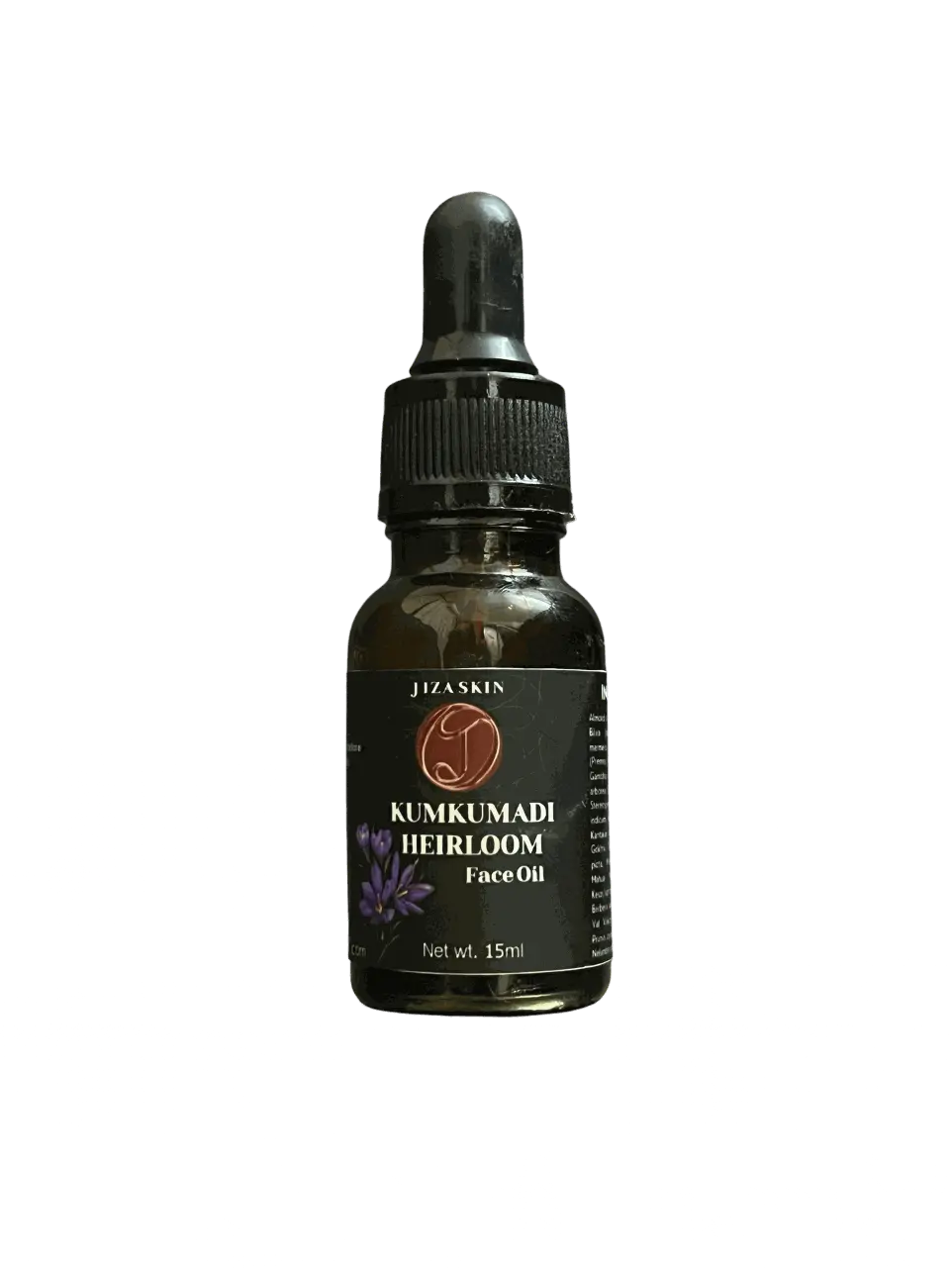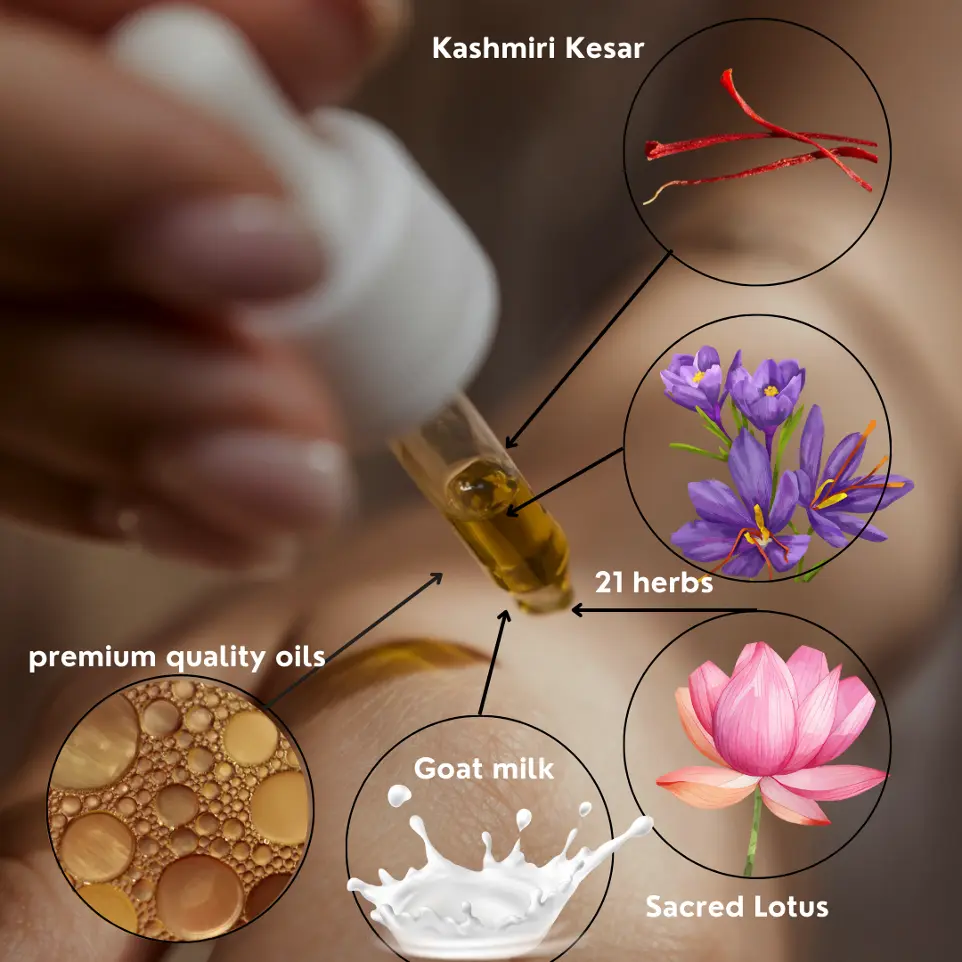Our faces can be more than just a reflection of our emotions or external factors. They are powerful indicators of what’s happening inside our bodies. T raditional Chinese Medicine (TCM) uses face mapping to diagnose imbalances in the body, including internal organs related to specific areas of the face. Ancient traditions like face mapping have long believed that the different areas of our face correspond to various internal organs and systems. Whether it’s a sudden breakout on your chin or persistent dullness around your cheeks, your skin is giving you clues about your internal health. In this blog, we’ll explore the fascinating world of face partitions and what they might reveal about your well-being.
Understanding Face Mapping: A Holistic Approach to Health
Face mapping is a concept rooted in both traditional Chinese medicine and Ayurveda. It suggests that the face can be divided into sections, each linked to different organs. This holistic approach gives us insights into potential imbalances in the body based on the areas that are affected by breakouts, redness, or dullness.
The Top Section
The Forehead: This area is traditionally associated with the digestive system, particularly the stomach and intestines. Breakouts or dull skin here can indicate digestive issues, such as poor digestion, food intolerances, or even stress-related gut imbalances. An imbalanced diet, dehydration, or lack of fiber may also be culprits.
Solutions:
- Improve Digestion: Increase your fiber intake by eating more fruits, vegetables, and whole grains to support gut health. Consider adding probiotic-rich foods (like yogurt, kefir, and sauerkraut) to your diet to promote a healthy microbiome.
- Hydration: Drink plenty of water throughout the day to help flush out toxins and aid digestion.
- Stress Management: Practice stress-relieving activities such as meditation, yoga, or deep breathing exercises to calm the body and improve digestion.
- Avoid Trigger Foods: Identify and eliminate foods that may cause intolerances or sensitivities, such as dairy, gluten, or processed foods.
The Eyes: Puffy eyes, dark circles, or redness can indicate issues with the kidneys. Inadequate sleep, dehydration, or a high-salt diet can strain kidney function. If your eyes frequently look tired or have pronounced circles, it's worth checking your hydration levels and sleep quality.
Solutions:
- Hydrate: Ensure you are drinking enough water throughout the day to flush out toxins and support kidney function.
- Improve Sleep: Aim for 7-9 hours of quality sleep each night. Consider sleep-enhancing practices such as reducing screen time before bed, using a calming bedtime routine, or sleeping in a cool, dark room.
- Reduce Salt Intake: Excessive salt can put stress on the kidneys, so aim to cut back on processed or salty foods.
- Use Cold Compresses: To reduce puffiness, apply cold compresses or chilled cucumber slices to the eyes to help reduce inflammation.
The Upper Cheeks: Respiratory and Immune System
The upper cheeks are linked to the lungs and respiratory system. Breakouts or dullness in this area could signal issues like allergies, sinus problems, or respiratory infections. If you’re noticing persistent acne here, you might want to evaluate your environment for pollutants or allergens and consider a detox to support your respiratory health. Smoking and air pollution can exacerbate these issues, so it’s important to protect your lungs.
Solutions:
- Allergy Management: If you suspect allergies, try to identify allergens in your environment (like dust, pollen, or pet dander) and minimize exposure. Consider using air purifiers or saline nasal sprays to clear out allergens.
- Respiratory Support: Engage in activities that promote lung health, such as breathing exercises or taking walks in clean, fresh air.
- Detox: A detox regimen that includes drinking herbal teas (like ginger, peppermint, or green tea) may help clear toxins and support your immune system.
- Avoid Smoking and Pollutants: If you smoke or live in a highly polluted area, quitting or limiting exposure can significantly reduce respiratory-related skin issues.
The Middle of the Face: Liver and Hormonal Health
Nose Area: The nose is often connected to the liver, and breakouts here can suggest liver congestion or poor detoxification. The liver plays a key role in metabolizing toxins and balancing hormones. If your skin is breaking out around the nose, it could be a sign of hormonal imbalance or excess toxin buildup in the liver. A cleanse, reduced alcohol consumption, or even supporting liver health with foods like beets and leafy greens may help restore balance.
Solutions:
- Support Liver Health: Incorporate liver-friendly foods into your diet, such as beets, leafy greens, and cruciferous vegetables (like broccoli and cauliflower). Avoid excessive alcohol and limit processed foods high in sugar and fat.
- Balance Blood Sugar: Eat smaller, more frequent meals that are low in refined sugars and high in protein and fiber to help stabilize blood sugar levels.
- Detox: Engage in a gentle detox routine, which could include drinking water with lemon, dandelion tea, or increasing your intake of antioxidants.
- Reduce Stress: Stress directly impacts liver function and can lead to imbalances. Consider stress-reduction techniques like yoga, journaling, or mindfulness meditation.
The Lower Cheeks: Hormonal Health and Digestion
Lower Cheeks: This section is linked to the ovaries and the reproductive system. Acne or dullness on the lower cheeks may be a sign of hormonal fluctuations, such as those that occur during the menstrual cycle, pregnancy, or menopause. Polycystic ovary syndrome (PCOS) can also affect this area. If you're experiencing these symptoms regularly, it might be worth consulting with a healthcare provider to rule out any underlying hormonal imbalances.
Solutions:
- Regulate Hormones: Focus on foods that promote hormonal balance, such as flaxseeds, chia seeds, and cruciferous vegetables. Consider talking to a healthcare provider if you suspect hormonal imbalances, as conditions like PCOS may require medical intervention.
- Manage Stress: Excessive stress can disrupt hormonal balance, so finding ways to relax—such as practicing deep breathing or spending time in nature—can be beneficial.
- Healthy Fats: Incorporating healthy fats from sources like avocados, nuts, and olive oil can help support hormone production.
- Supplements: Consider adding supplements like vitamin B6, magnesium, or zinc (after consulting with a healthcare provider) to help manage hormonal acne.
Chin and Jawline: Digestive and Reproductive Health
Chin and Jawline: The chin is often associated with the digestive system and the reproductive organs. Breakouts here can indicate issues with digestion, especially constipation or irregular bowel movements. It could also point to hormonal imbalances related to your menstrual cycle, stress, or an overactive production of oil. Ensuring you maintain a balanced diet, manage stress, and have regular bowel movements can help address these issues.
Solutions:
- Digestive Health: Focus on improving digestion by consuming more fiber, drinking plenty of water, and incorporating probiotic-rich foods like yogurt, kefir, or kimchi.
- Regulate Hormones: If hormonal fluctuations are the cause, balancing your diet with whole grains, lean proteins, and healthy fats can help. It’s also important to manage stress, as it can affect hormone levels.
- Exercise: Regular physical activity helps improve digestion and circulation, which can support skin health.
- Detox: Consider a gentle detox plan to cleanse your digestive system, such as drinking detox teas (like ginger or peppermint tea) or eating cleansing foods like lemon and parsley.
The Neck: Thyroid and Circulatory System
The neck area is commonly associated with the thyroid gland, which regulates your metabolism. If you notice skin issues or inflammation here, it could indicate thyroid imbalance, such as hypothyroidism or hyperthyroidism. Redness or breakouts on the neck can also be linked to circulatory issues. It's always a good idea to get your thyroid levels checked if you notice persistent skin problems in this area.
Solutions:
- Digestive Health: Focus on improving digestion by consuming more fiber, drinking plenty of water, and incorporating probiotic-rich foods like yogurt, kefir, or kimchi.
- Regulate Hormones: If hormonal fluctuations are the cause, balancing your diet with whole grains, lean proteins, and healthy fats can help. It’s also important to manage stress, as it can affect hormone levels.
- Exercise: Regular physical activity helps improve digestion and circulation, which can support skin health.
- Detox: Consider a gentle detox plan to cleanse your digestive system, such as drinking detox teas (like ginger or peppermint tea) or eating cleansing foods like

